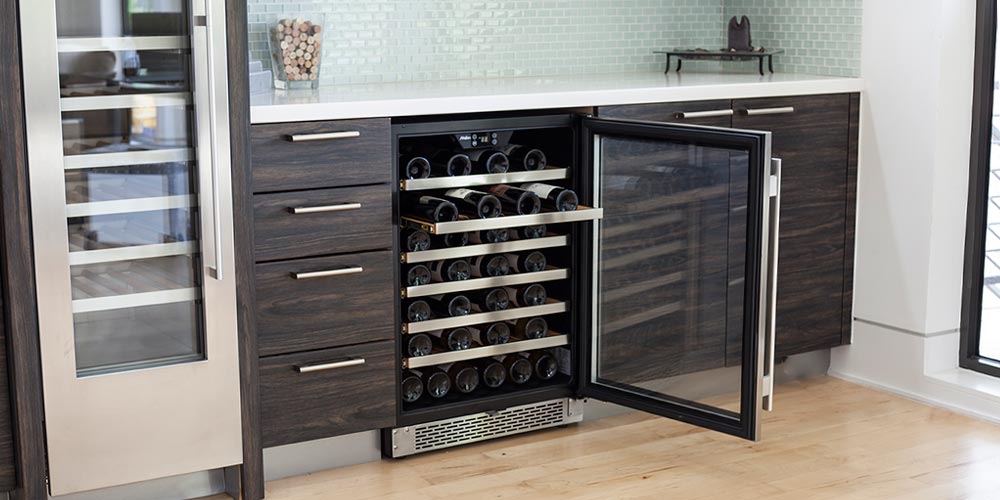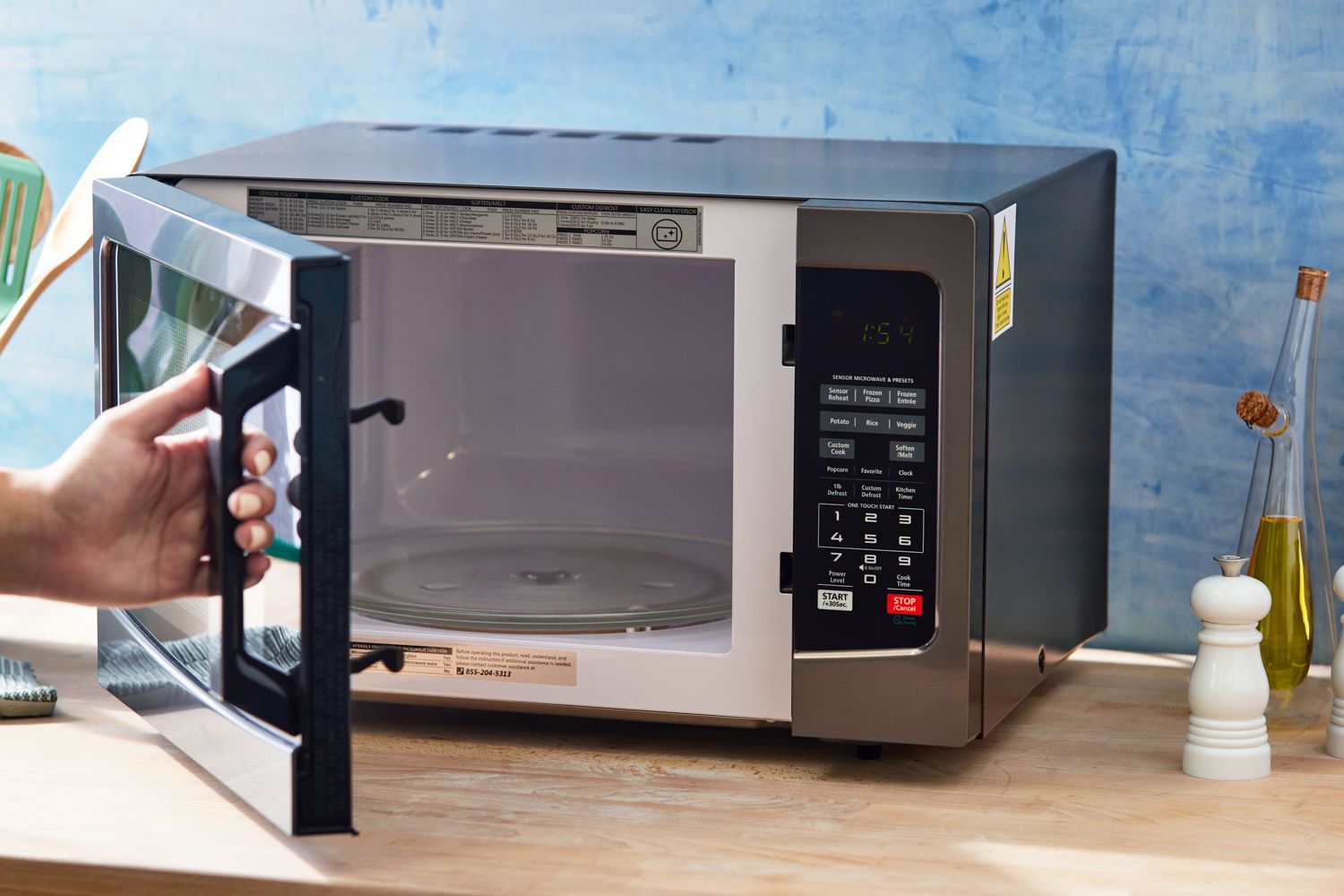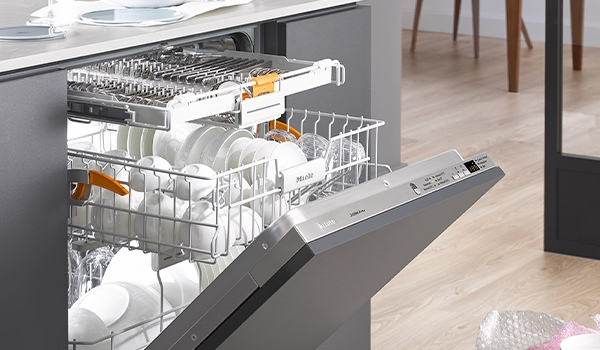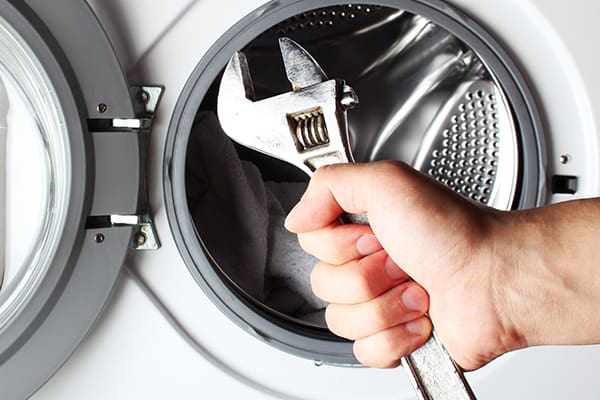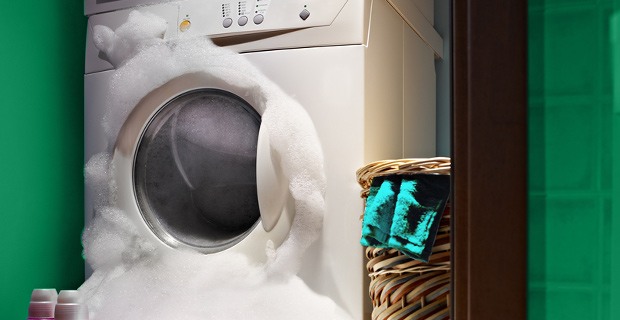The Complete Guide to Wine Coolers: Benefits, Types, and Maintenance
Wine has been a beloved beverage for centuries, and it's no wonder why. The complex flavors, aromas, and the ability to pair it with a wide range of foods make it a favorite among connoisseurs and casual drinkers alike. If you're a wine enthusiast, you know that proper storage is essential to preserve the quality and taste of your favorite bottles. This is where wine coolers come into play. In this comprehensive guide, we will explore everything you need to know about wine coolers, from their benefits and types to how to choose the right one for your needs.
Why Use a Wine Cooler?
Before delving into the specifics, let's understand why a wine cooler is a valuable addition to your home. Wine coolers offer several advantages over traditional storage methods, such as your kitchen refrigerator or a wine cellar.
Temperature Control. Wine coolers are designed to maintain a consistent and ideal temperature for storing wine. This is typically around 55°F (13°C), which is different from the standard refrigerator temperature.
Humidity Management. Wine coolers also control humidity levels, preventing corks from drying out and wine from spoiling. Proper humidity helps wines age gracefully.
Vibration Reduction. Vibrations can disturb the sediment in wine bottles, affecting flavor. Wine coolers are built with low-vibration compressors to mitigate this issue.
Protection from Light. Exposure to UV and fluorescent light can be detrimental to wine. Wine coolers are typically built with UV-resistant glass or solid doors to shield your bottles from light.
Space Efficiency. Wine coolers come in various sizes, making them suitable for both small apartments and large homes. They are designed to maximize storage while minimizing the space needed.
Types of Wine Coolers
Now that you understand the benefits of wine coolers, let's explore the different types available.
Single-Zone Wine Coolers. These units have a single temperature control for the entire cooler, making them ideal for storing one type of wine at a consistent temperature.
Dual-Zone Wine Coolers. Dual-zone coolers offer two separate temperature zones within the same unit. This is perfect for those who want to store both red and white wines at their respective optimal temperatures.
Built-In Wine Coolers: These are designed to fit seamlessly into your kitchen or bar area. They have a front-venting system that allows them to be integrated into cabinetry.
Freestanding Wine Coolers. Freestanding units can be placed anywhere in your home and require proper ventilation space. They come in various sizes and styles to suit your décor.
Countertop Wine Coolers. These compact units are perfect for those with limited space. They can sit on your kitchen counter or bar top, providing easy access to your favorite bottles.
Choosing the Right Wine Cooler
Selecting the perfect wine cooler for your needs can be a daunting task, but considering the following factors will help you make an informed decision:
Capacity. Determine how many bottles you plan to store, and choose a cooler with adequate capacity. Think about both your current collection and any future additions.
Location. Decide where you want to place the wine cooler. Consider the available space, as this will influence whether you need a built-in, freestanding, or countertop unit.
Temperature Zones. If you enjoy both red and white wines, a dual-zone cooler is the way to go. For single-type wine collectors, a single-zone cooler may suffice.
Budget. Wine coolers come in various price ranges. Set a budget and stick to it, keeping in mind that higher-quality units often offer better insulation and features.
Features. Look for additional features such as digital temperature controls, interior lighting, and UV protection to enhance your wine storage experience.
Brand and Reviews. Research brands and read reviews to ensure you purchase a reliable and well-reviewed wine cooler.
Maintaining Your Wine Cooler
Once you've chosen and installed your wine cooler, proper maintenance is crucial to keep your wine in the best possible condition.
Regular Cleaning. Clean the interior and exterior of your wine cooler to prevent mold and odors from developing.
Temperature Monitoring. Check the temperature regularly to ensure it stays within the desired range.
Organize Your Collection. Keep your wine organized, so you can easily access and enjoy your bottles.
Replace Air Filters. If your cooler has air filters, replace them as needed to maintain air quality.
Check Seals. Inspect the seals to make sure the door closes tightly, maintaining temperature and humidity levels.
Wine Cooler Tips and Tricks
To get the most out of your wine cooler and ensure your wine collection remains in optimal condition, here are some additional tips and tricks:
Temperature Consistency. Be mindful of temperature fluctuations. Avoid placing your wine cooler in areas with extreme temperature changes, such as next to a stove or dishwasher. This can stress your cooler's compressor and affect wine quality.
Rotation and Accessibility. Keep track of the wines in your collection and plan to drink them at their peak. Rotate your bottles so that older wines are accessible, ensuring you enjoy them before they decline in quality.
Label Placement. If you store your wine with the labels facing outward, it's easier to identify your bottles without needing to pull them out. Label protectors can help prevent label damage due to humidity.
Chilling Time. Allow newly purchased wine to rest in your cooler for a few weeks before enjoying it. This lets the wine recover from any temperature changes during transport and ensures optimal taste.
Wine Varietals. Different types of wine have distinct storage requirements. Research the specific temperature and humidity ranges for red, white, and sparkling wines to keep them at their best.
Safety Lock. If you have children or curious guests, consider using the safety lock on your wine cooler to prevent unauthorized access.
Maintain Optimal Humidity. A humidity level of around 70% is ideal for wine storage. If your cooler has a humidity control feature, make sure it's set correctly.
Shelving Adjustments. Most wine coolers offer adjustable shelving. Modify the configuration to accommodate larger or odd-shaped bottles as needed.
Regularly Check Inventory. Periodically assess your wine inventory to ensure no bottles are leaking or have deteriorated labels. Remove any compromised bottles to prevent damage to others.
Keep a Record. Maintain a record of the wines in your collection, including purchase dates, drinking windows, and personal notes about their taste and quality. This helps you manage your collection more effectively.
Common Wine Cooler Issues and Solutions
Despite your best efforts, you may encounter some issues with your wine cooler. Here are a few common problems and potential solutions:
Temperature Fluctuations. If your wine cooler is not maintaining the desired temperature, check the thermostat settings and ensure the unit is properly ventilated. Dust and debris on the condenser coils can also cause temperature issues, so clean them regularly.
Humidity Problems. If your cooler's humidity is too low, consider placing a bowl of water inside to increase moisture levels. Conversely, if it's too high, use a dehumidifier in the room to regulate humidity.
Strange Noises. Unusual noises could be caused by loose components, the cooling fan, or the compressor. Inspect the unit for any loose parts and consult the manufacturer's instructions for guidance.
Condensation. Condensation on the exterior of your wine cooler can be caused by a lack of ventilation or a door seal issue. Ensure proper ventilation and check the door seal for damage or misalignment.
Vibration. Excessive vibration may result from an unbalanced cooler or faulty compressor. Make sure the unit is level and consider placing a vibration-absorbing mat underneath it.
Odors. If you notice unpleasant odors in your cooler, clean the interior thoroughly and keep an open box of baking soda inside to absorb any lingering smells.
Remember that reading the user manual that comes with your wine cooler is essential for proper operation and maintenance. Additionally, if you encounter persistent issues, it's best to contact the manufacturer or a professional technician for assistance.
In conclusion, a wine cooler is a valuable asset for wine enthusiasts, helping to protect and enhance the quality of your wine collection. By selecting the right wine cooler, maintaining it properly, and addressing any issues promptly, you can ensure your wine remains at its best, ready to be enjoyed for years to come. Cheers to a well-preserved and delightful wine experience!


